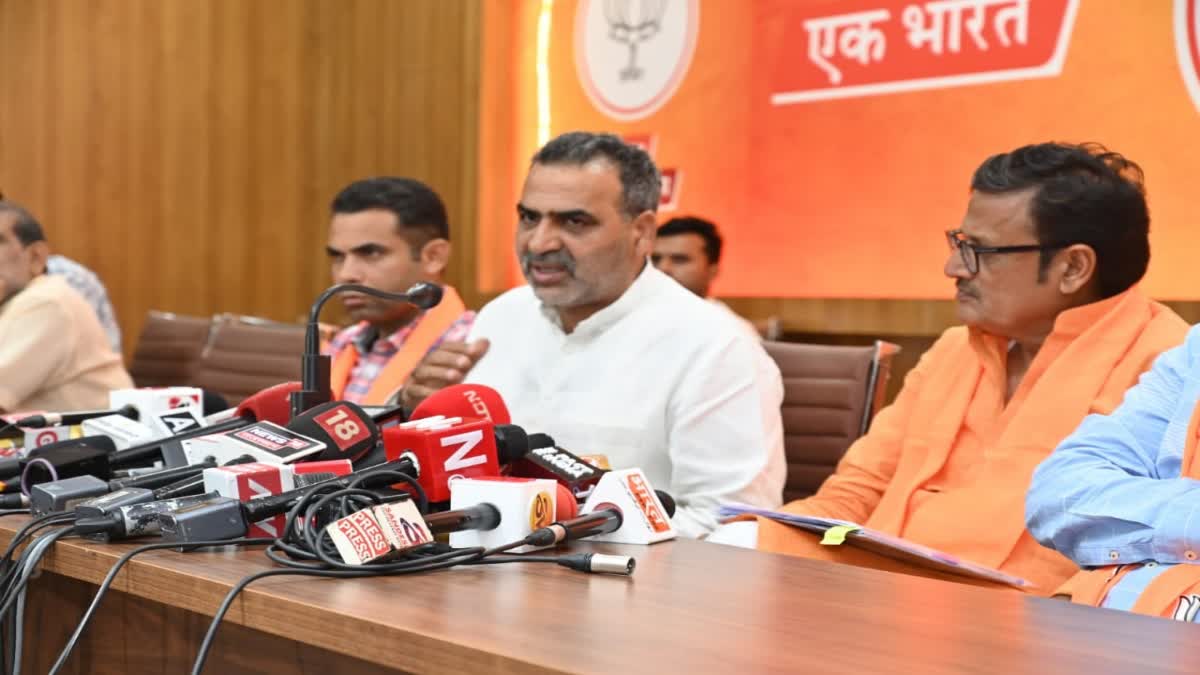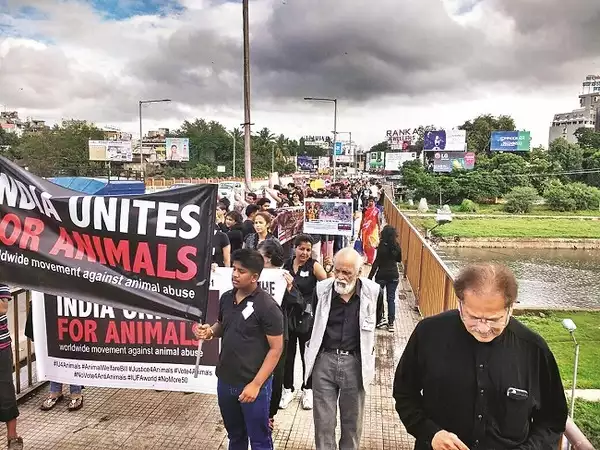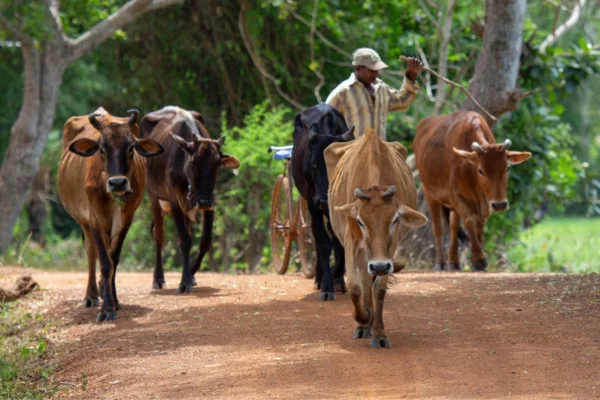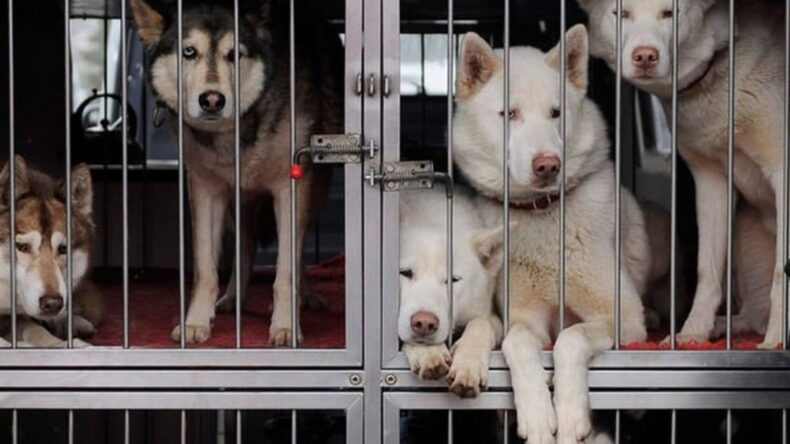The bill introduced by the Union government on the import and export of livestock has been withdrawn after facing backlash from various animal activists and civil society organizations. Introduced on June 7, 2024, by the Ministry of Fisheries, Animal Husbandry, and Dairying, it sought recommendations and a public discussion on the Importation and Exportation of Live-stock and Live-stock Products. It is a re-enactment of the present Live-stock Importation Act, 1898, and Live-stock Importation (Amendment) Act, 2001.
What is the Bill:
The proposed legislature permitted the import and export of live animals to other countries. Canines and felines had been included in the list of eligible livestock. The bill was introduced to regulate and promote the import and export of livestock and respective products. It was believed that the ancient bill needed to be updated to align itself with contemporary requirements related to sanitary measures and the Allocation of Business Rules, 1961.

The ministry withdrew it claiming that it needed some more time to reflect on the proposed draft and allow for further comments. The bill would need broader consultation since it involved sensitive matters of animal welfare. In the fiscal year 2022-23, India exported live animals worth 5.11 million dollars (mostly goats and sheep) to West Asian countries for festivals.
Public Response:
Last Sunday, citizens and animal rights activists gathered near Sambhaji Park in Pune to protest this new bill. They believed that transporting them on ships and vehicles violates their fundamental rights and treats them as commodities. They would be subjected to immense suffering on long journeys which would result in illnesses and even death. It was also stated that the time frame given to submit their suggestions were insufficient. Central government’s motives have been cast light on, especially since other nations like New Zealand have prohibited the trade of live animals recently given their mistreatment.

Many prominent personalities also publicly opposed it, taking to platforms like Twitter where ‘#saynotolivestockbill2023’ has become trending. Actors like Jaya Bhattacharya, Kittu Gudwani, and Zeenat Aman spoke against the law. They asserted that any rule which causes living animals pain and abuse should not be implemented. Right-wing groups like RSS claimed that the law could curb the menace of stray animals but they will not stand with it if it allows cultural and religious sentiments to be hurt.
Famous activist Gauri Maulekhi in a conversation with The Print told that native animals are being exported to climates not conducive to them. This manner of trade would also play a huge role in spoiling the native gene pool of livestock and enable increased rates of spread of diseases. No long-term benefits can be derived from this, either economically or environmentally.
Aftermath:
While people around the country are vehemently standing against it, government officials are saying that this is merely an enabling law to allow the government to put in place appropriate regulations. Meanwhile, the public at large has snailed their victory and the internet is celebrating. What is remarkable about this entire situation is that the withdrawal has come through an unprompted nationwide protest led by citizens. This is a testimony to the fact that our people can stand united for necessary concerns. Animal welfare as a concept has taken root in India.

The government’s intention to introduce regulations might have been on the right track, but they still need a lot of work. This can’t be a ‘whatever floats your goat’ situation and the authorities must develop regulations essential to biosecurity and preserving indigenous biodiversity, all while considering these animals’ safety. Staying pawsitive and patient can be our only next step.













